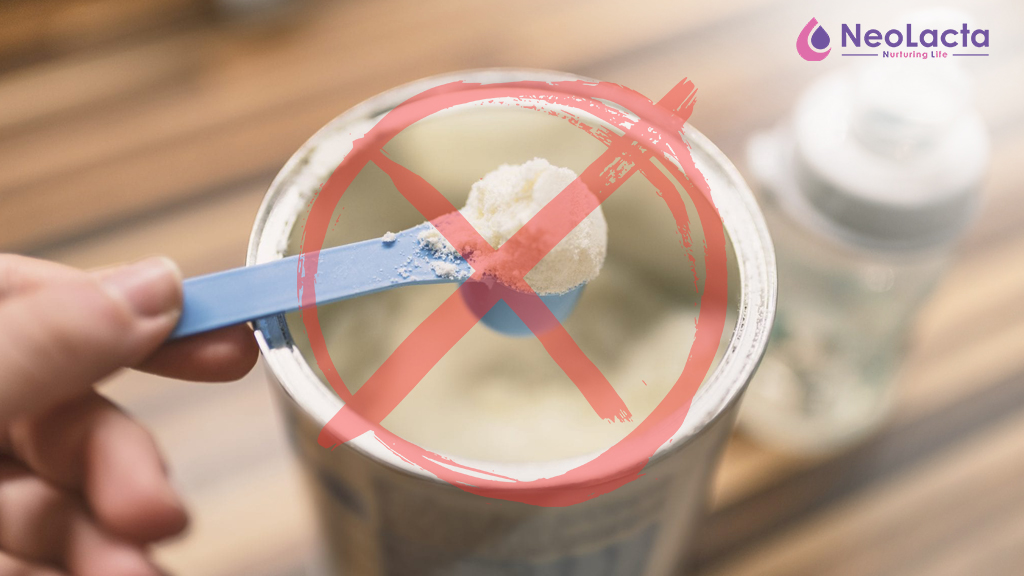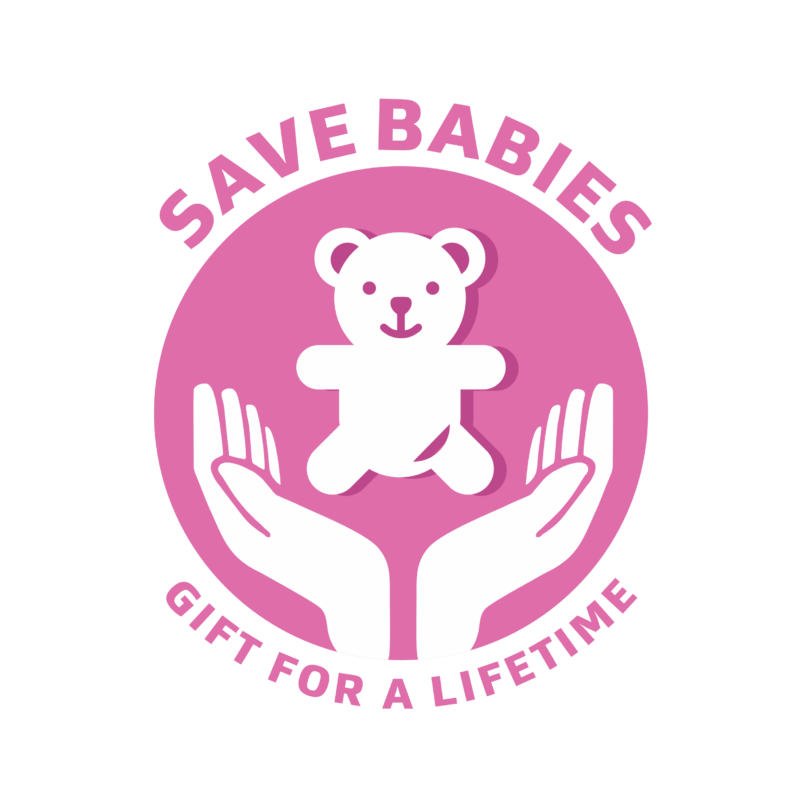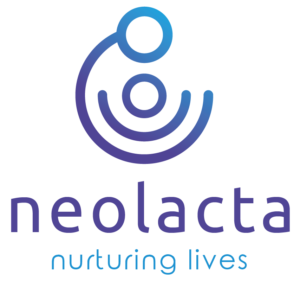However, in such cases, the baby’s health and development are often overshadowed by the element of convenience.
The Perils of Feeding Formula
As per an extensive study, formula-fed infants might be at a far greater risk compared to breastfed babies. For instance, it impacts the developing baby’s metabolism which can lead to metabolic diseases later in life.
What most parents are not able to garner is that though formula feeding will boost growth in infants, it will catalyze the process which is not natural and might put the baby’s natural growth in jeopardy.
The idea of feeding formula is far from natural and organic compared to breast milk. Formula feed has its own set of side effects and can harm your baby if prioritized over breast milk. Certain studies indicate that formula milk can alter the regular intestinal bacteria and also reduce immunity in the longer run.
Formula feeding is known to be harmful to the babies’ digestive system as it is harder to digest since it stays for longer in the stomach, compared to the all-natural breast milk.
Not breastfeeding may also increase the risk of diseases to the mother such as breast cancer, high blood pressure and cholesterol.
Feeding formula simultaneously along with breast milk can also change the way your baby suckles. Since the baby is now more used to feeding off the bottle, suckling the breast might be difficult and tiresome. What’s more, the baby might develop a liking for the formula (since it contains sugars) and not accept breastfeeding at all.
Parents, who are feeding formula to their babies, are risking the following diseases for their babies:
- Eczema.
- Diabetes – Type 1 and 2.
- Obesity
- Acute Otitis Media (severe ear infections)
- Infection of the lower respiratory tract which can weaken lung capacity over time
- Asthma
Another thing to foresee while feeding formula to the baby is the chances of the baby contracting infections due to contaminated water. If water used for mixing the formula is not fit for drinking, your baby can be subjected to strong chemical reactions, impaired digestion, high nitrogen levels and many other toxic anomalies that can even prove to be fatal. Human breast milk is pure sans contamination and cannot harm the baby unless the mother has some communicable disease.
Human Breast Milk Vs Feeding Formula
Feeding formula is often favored because mothers might be concerned about their babies not getting enough nutrition only from breast milk. However, breast milk which is often regarded as Liquid Gold, is nature’s way of making sure that your baby remains healthy and strong.
The first phase of breast milk, i.e. the colostrum is packed with antibodies that boosts the baby’s immune system and prepares it for growth and development. It also has the vital vitamins and minerals essential to build a baby’s skeletal structure and develop her respiratory strength as well.
Breastmilk can be considered a living element that grows along with your baby. It is tuned with the baby’s development and changes properties as and when the baby’s body develops. Formula milk can never achieve this organic and dynamic growth.
Conclusion:
Breast milk has unique nutritional properties which cannot be replicated. If mothers are unable to meet their babies requirement of breast milk, they can get in touch with organisations such as Neolacta Lifescience, which can help them fulfil this gap. Neolacta Lifesciences, with its unique 100% human milk-derived products and patented technology has benefitted more than 20,000 babies over the last 3 years in India.




